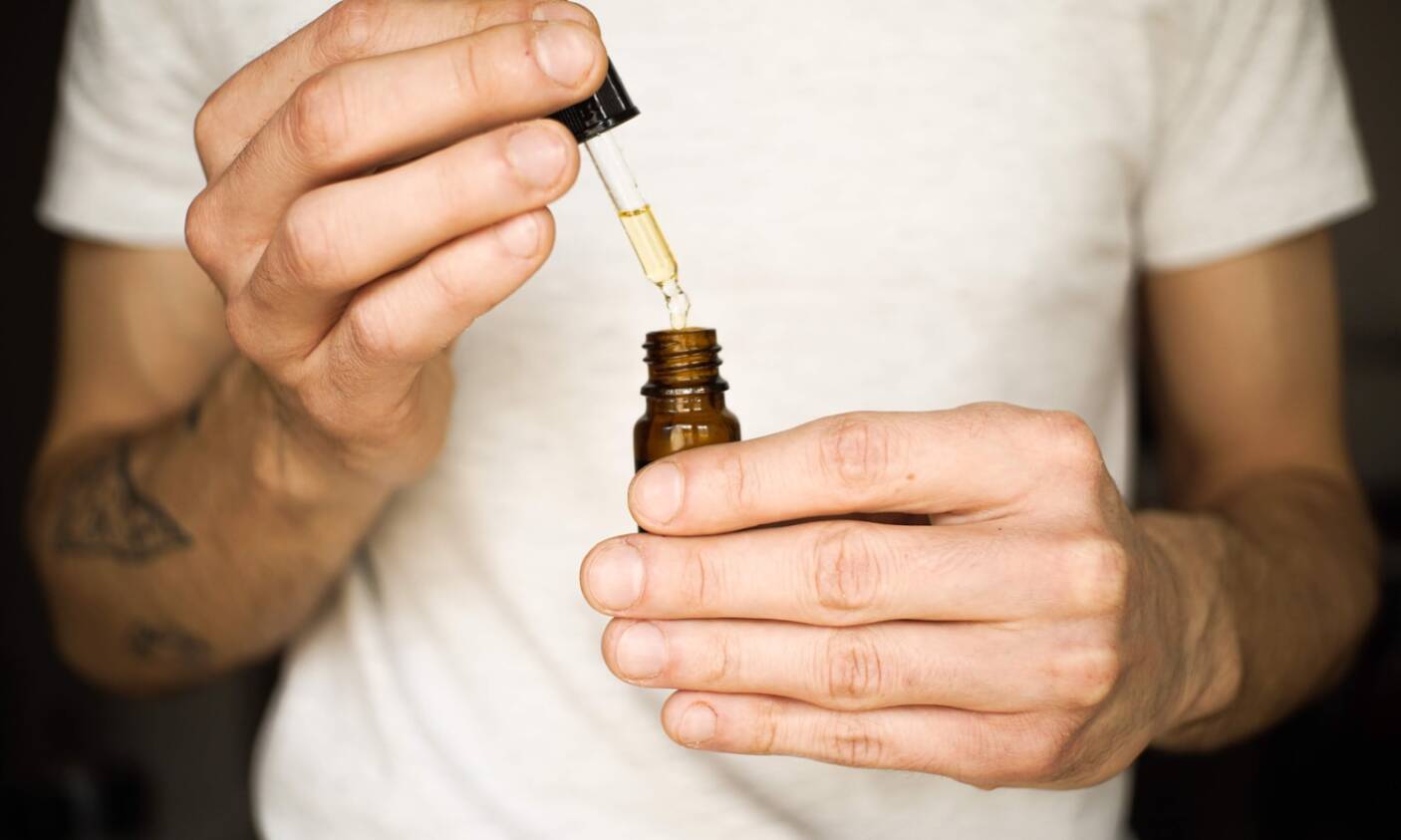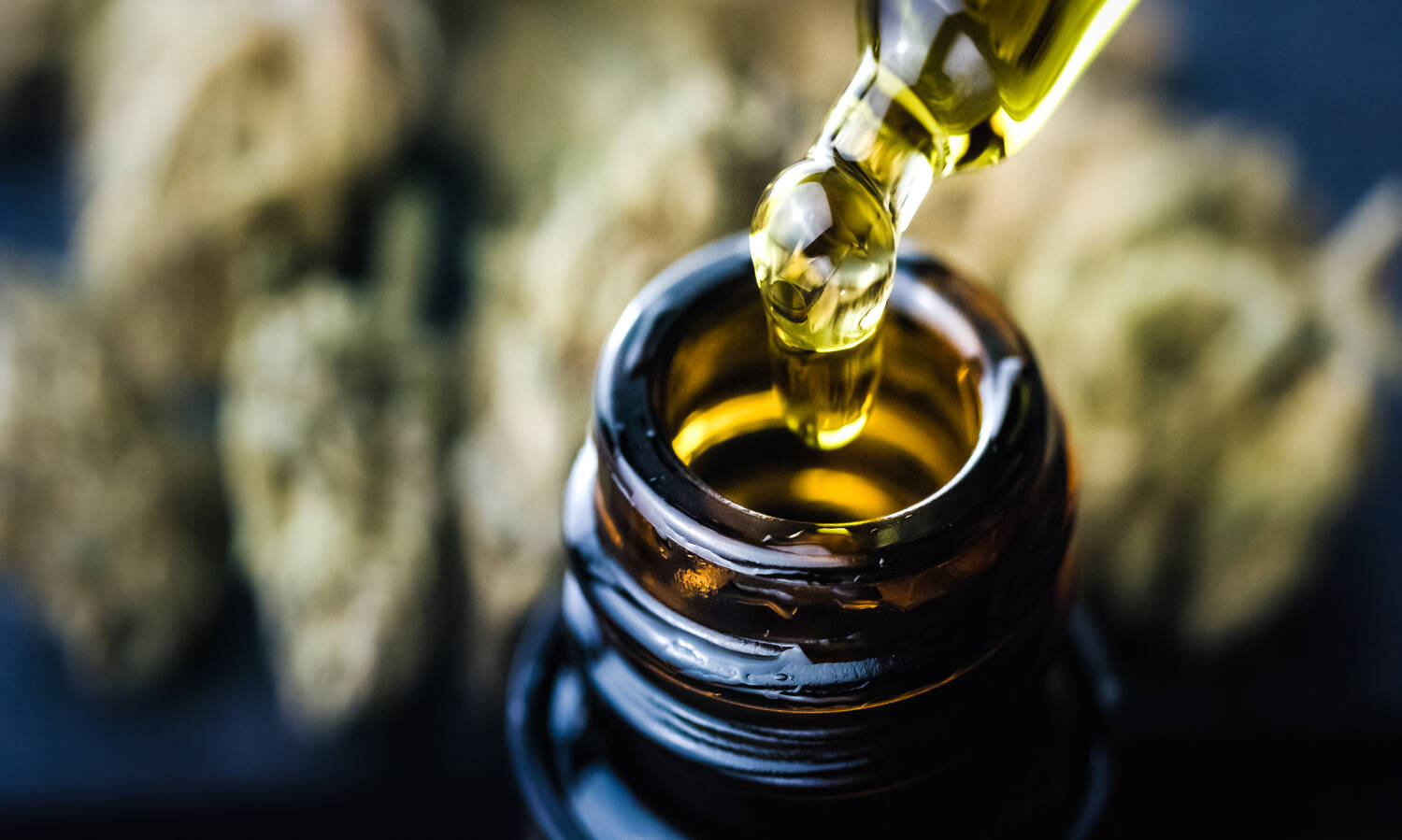While all intoxicating and euphoric chemicals are psychoactive, not all psychoactive chemicals are intoxicating or euphoric.
By
In the cannabis space, the words psychoactive, intoxicating, and euphoric are often used interchangeably. Going by that, it’s common to hear the statement that “unlike THC, CBD is non-psychoactive.” But is this really true? To answer this question, it is important to first understand what the word psychoactive means.
A psychoactive substance is a chemical that crosses the blood-brain barrier and hence gets into the brain and affects it in some way. Examples of psychoactive substances include caffeine, nicotine, alcohol, some analgesics, and marijuana among others. As you can see, caffeine is psychoactive even though it doesn’t give consumers that “high feeling.”
Is CBD Psychoactive?
Yes, CBD is psychoactive because it crosses the blood-brain barrier. The calming effects caused by CBD happen in the brain. If CBD was non-psychoactive, then it would not be able to offer anxiety relief and other higher-center benefits. In the same way, caffeine will increase alertness without causing intoxication.
Is CBD Intoxicating?
No, CBD is not intoxicating and neither does it cause euphoria. An intoxicating compound will cause changes in one’s mental state and cause one to lose control of their thought process or behavior. A good example is how alcohol affects mental ability and behavior.

A euphoric chemical will alter one’s sense of reality, and spatial and sensorial perception, and trigger excessive emotional feelings. CBD is not a euphoric chemical.
RELATED: Study: Cannabinoids (THC/CBD) Beat Opioids In Managing Chronic Pain
While all intoxicating and euphoric chemicals are psychoactive, not all psychoactive chemicals are intoxicating or euphoric.
CBD Vs THC in the Brain
Both CBD and THC cause the blood-brain barrier, meaning that both are psychoactive. However, the two compounds interact with endocannabinoid receptors in the brain differently.
When THC is consumed it immediately floods the CB1 receptors in the brain and “turns up” the endocannabinoid tone. The presynaptic neurons are compelled to turn their volume and stop sending out “regulating” neurotransmitters. The overstimulation of CB1 receptors and downregulation of neurotransmitter release is responsible for the euphoric feeling, in a very simplistic explanation.
RELATED: Study: Oral CBD Prevents Chemotherapy Induced Peripheral Neuropathy
CBD on the other hand has a weak affinity for CB1 receptors. CBD binds weakly to these receptors and acts as a modulator. Some studies have shown that CBD is able to displace THC from CB1 receptors and therefore offset some of the intoxicating effects of THC. According to researchers from The University London College, the more CBD that’s present in a strain the lower the brain impairment that will be caused by consuming the strain.
So, CBD is psychoactive but not intoxicating. CBD will not cause euphoria. THC on the other hand is both psychoactive and intoxicating. THC will also cause euphoria. Next time you come across the all-too-familiar cannabis lingo, “CBD is non-psychoactive,” you will have the chutzpah to draft a factual letter to the editor.
This article originally appeared on MyCannabis.com and has been reposted with permission.


